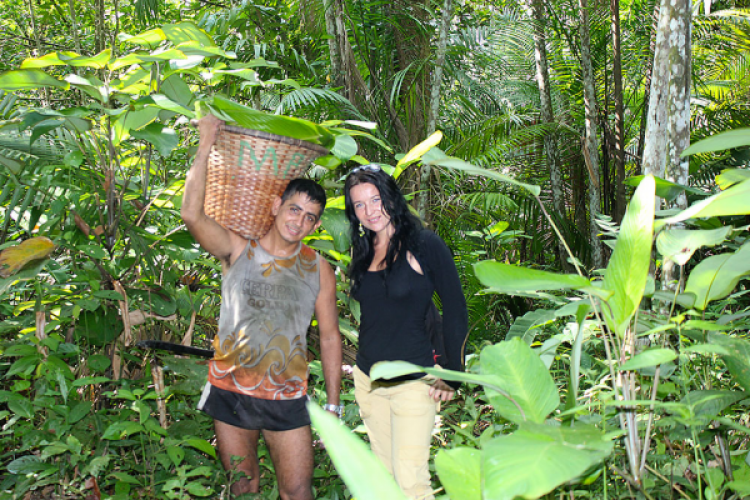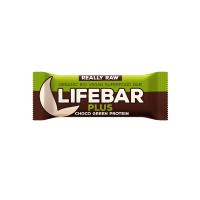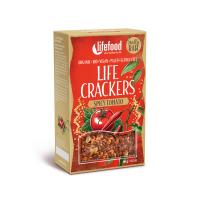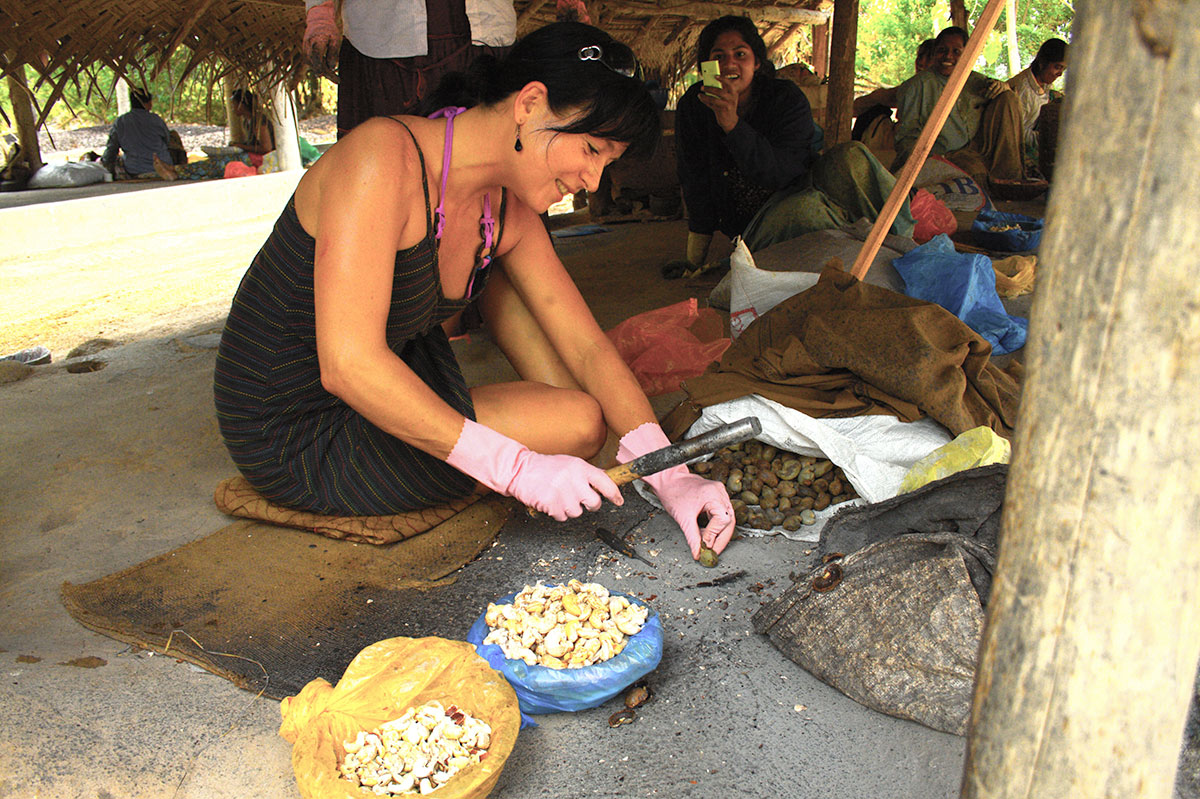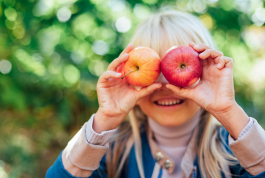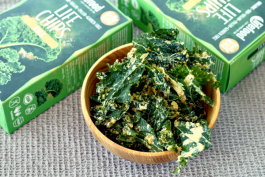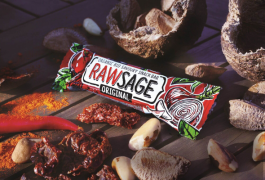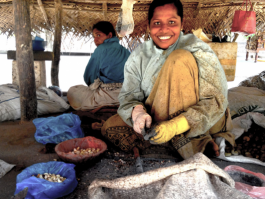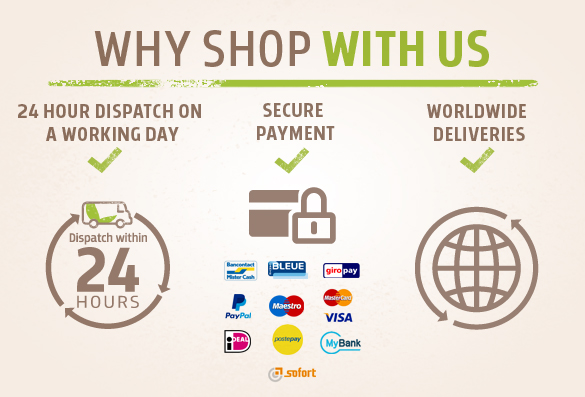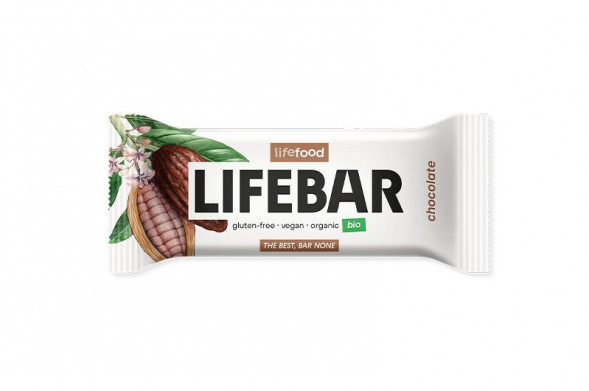Sustainability and healthy living are making a real come back. With this comes a more significant focus on the provenance of our food. We ask ourselves more and more frequently: where exactly do our foods come from? Where do they grow and how are they processed?
Since Lifefood was founded in 2006, we've made it our mission to know where our "raw material" and the ingredients for our products come from and to make sure they are not mass-produced. But does it really always look like this?
Understanding who to trust
A challenging issue is the purchase of products through dealers and importers. For example, in Germany, if you buy products from abroad, they often go through several intermediaries before they are delivered to the quality manager on site. And it is questionable, what exactly happens on the way. Unfortunately, you cannot be 100% sure that all information has been communicated correctly, and thus the likelihood of getting a high-quality product and the certainty that it is really raw is reduced.
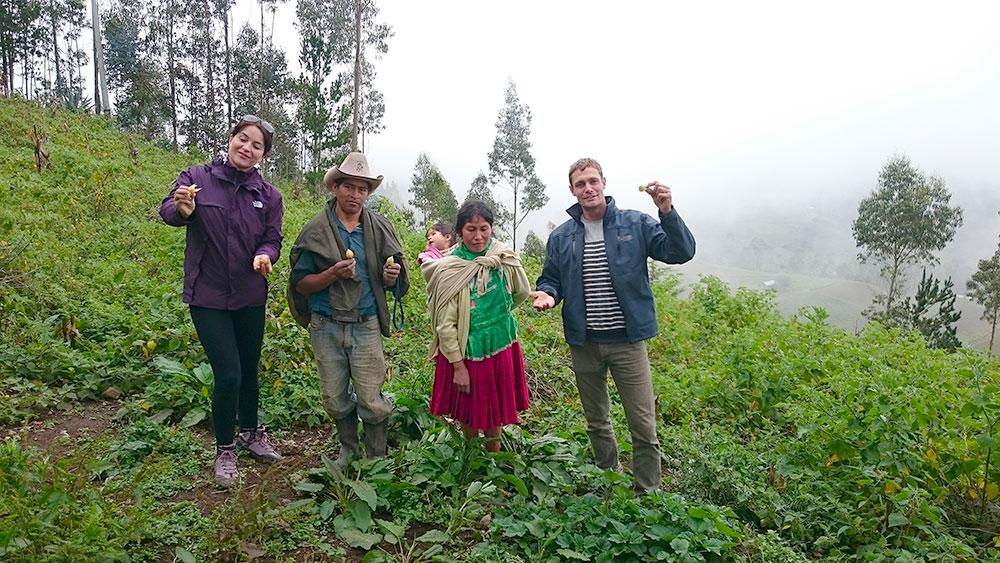
It is almost comparable to the game "message in a bottle". If a sentence gets passed on to several people - sometimes 5 or more - the same sentence may end up quite different. In fact, it is more likely that the sentence takes on a completely new meaning and the information is transmitted incorrectly somewhere along the way. This is to the detriment of the person at the beginning of the chain, in our case for us the "buyer".
The situation is very different when you go to the local farmers directly. The local farmers and quality managers on site can show you how the ingredients are planted and later harvested and, if necessary, processed. By seeing this whole process, you can directly determine if chemicals and pesticides are used and if all products are of high quality.
Tereza, the founder of Lifefood, has set herself the task of finding her own local farmers, assessing them and maintaining good relationships - so she knows exactly what she gets. This is the only way Lifefood can live up to its promise: all products are made and remain raw.
Farmers abroad
The quality standards in Europe are particularly high compared with other countries around the world. There are countries where quality control is ranked much lower in order of priority, or where labels are misused.
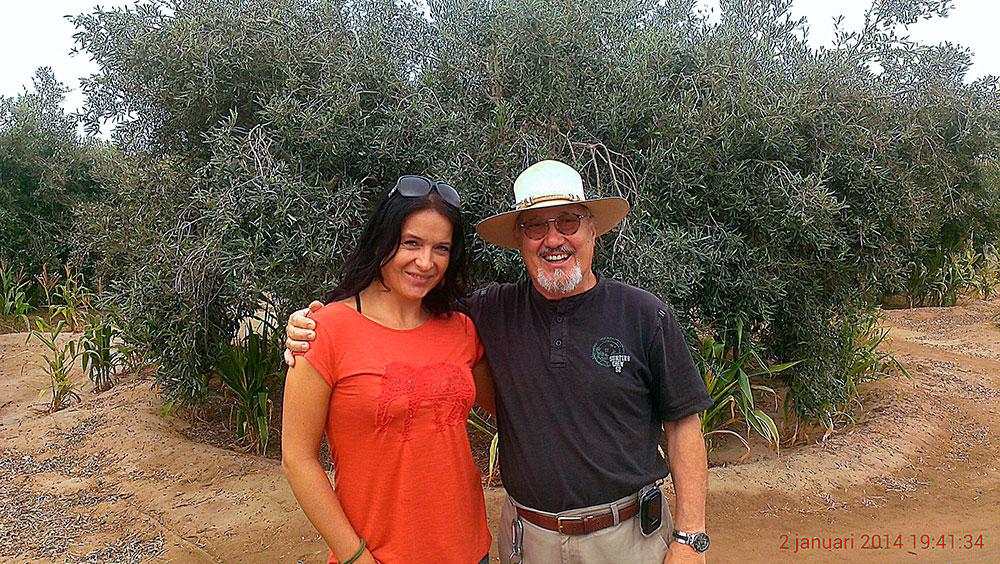
However, this does not need to always be so strict when it comes to raw ingredients. There are certain foods, such as buckwheat, sunflower seeds or flax seeds, which are generally not heated at harvest and thus are usually raw anyways.
What many people often forget is that other countries have to live off agriculture and earn their wages through that only. So if companies maintain deeper relationships with these same farmers, they create a basis of trust and the likelihood is very high that the products will continue to be grown exactly as agreed. This gives a good feeling not only to the buyer, but also to the farmer himself, and a good reason to continue producing the products raw.
Why mass production is still widespread
Unfortunately, even today, much is still controlled by money and power. This means that often food needs to be produced as cheaply as possible to make as much money as possible. But does this automatically mean good quality? Unfortunately, no. Mass production often results in the loss of nutrients or in the renunciation of organic quality.
It is precisely this phenomenon that makes it difficult for smaller farmers to meet demands. These small farmers are quickly displaced from the market and can not compete in terms of quantity. But there are many advantages: organic quality, free of genetic engineering and free of chemicals!
Fast production at the expense of the ingredients
Special care should be taken when buying tropical dried fruits. Mangos, bananas, pineapples and many nuts are usually dried by steaming and then further processed. Cocoa beans are almost always roasted at even higher temperatures.
Since these products are proving popular, there is no commercial reason for large companies and small farmers to dry fruits gently. A gentle drying process would only unnecessarily increase the processing time and thus increase the costs - but at the same time valuable ingredients are lost and the naturally contained vitamins are greatly reduced.
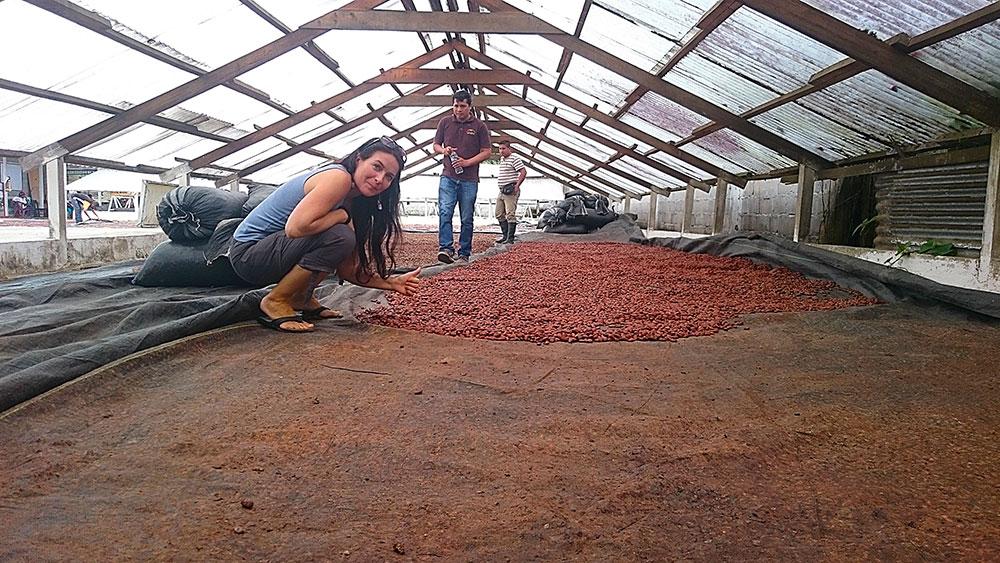
Fairtrade in agriculture
Lifefood attaches particular importance to good working conditions on site. Lifefood attaches great importance to fair wages, passion for what you do and fair conditions for every party involved. This is a prerequisite for further cooperation.
It does not always have to be vast plantations that cover many hectares. Often it is the small family-run businesses with smaller plantations who still produce their products wholeheartedly.
Going back to the small producers
With the growing concerns over sustainability and in times where healthy living is essential for good health, it is increasingly important to support small farmers. Unfortunately, these are often ousted from the market and have to bow to the large, mass-producing companies.
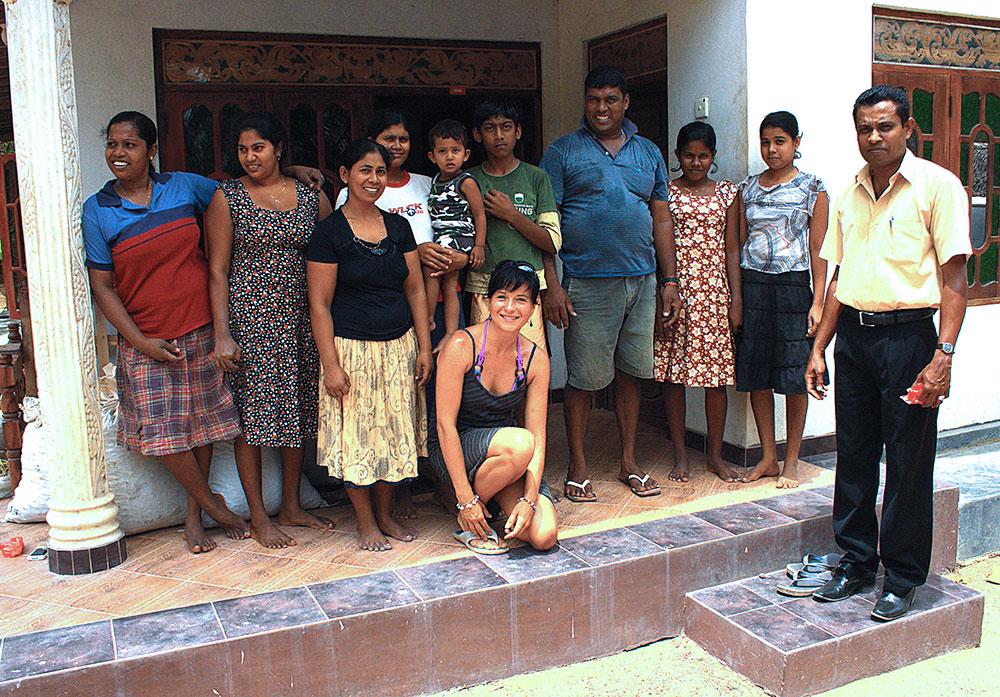
Is our food really as healthy as we think? Or is it possibly produced as cheaply as possible and only nutritious and healthy on the surface? The cultivation and the harvest play a much bigger role than some would like to assume. One thing is for sure: We at Lifefood are taking a closer look and with your purchase, you are supporting small farmers from all over the world!

